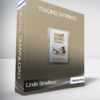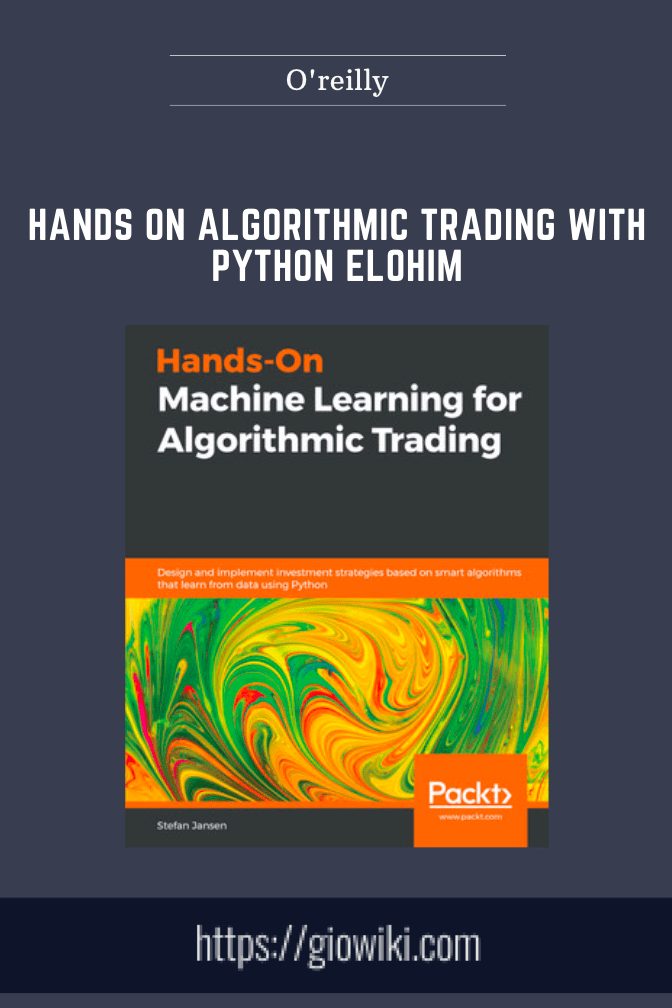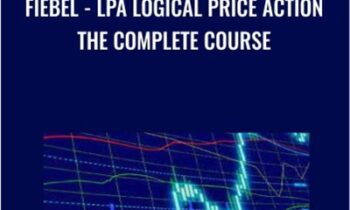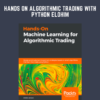$199.00 Original price was: $199.00.$29.00Current price is: $29.00.
Artificial intelligence in general and specifically machine learning are becoming increasingly important tools for many industries and enterprises.
 Purchase this course you will earn 29 Points worth of $2.90
Purchase this course you will earn 29 Points worth of $2.90Elevate your skills with the Hands On Algorithmic Trading With Python Elohim – O’reilly course, available for just $199.00 Original price was: $199.00.$29.00Current price is: $29.00. on Utralist.com! Browse our curated selection of over 60,000 downloadable digital courses across diverse Forex and Trading. Benefit from expert-led, self-paced instruction and save over 80%. Start learning smarter today!
Salepage link: At HERE. Archive: https://archive.is/wip/kwPKr
Buy now $29 $199, Hands On Algorithmic Trading With Python Elohim – O’reilly Course.
The pace of automation in the investment management industry has become frenetic in the last decade because of algorithmic trading and machine learning technologies. Industry experts estimate that as much as 70% of the daily trading volume in US equity markets is executed algorithmically i.e. by computer programs following a set of pre-defined rules. In the 20th century, algorithmic trading was used by sell-side brokers to get the best execution of large trades for their clients. In the 21st century, algorithms are used in the entire trading process, from idea generation to execution and portfolio management. While all algorithmic trading is executed by computers, the rules for generating trades may be designed by humans or discovered by machine learning algorithms from training data.
Discipline in the face of grueling markets is a key success factor in trading and investing. Emotional irrationality, behavioral biases, inability to multitask effectively and slow execution speeds put manual trading by retail investors at a massive disadvantage. Retail investors are aware of these disadvantages and there is considerable interest in algorithmic trading, especially using Python. This course is about taking the first step in leveling the playing field for retail equity investors. It provides the process and technological tools for developing algorithmic trading strategies. Note that live trading is out of scope for the course.
What you’ll learn and how you can apply it
By the end of this live, hands-on, online course, you’ll understand:
- The advantages and disadvantages of algorithmic trading
- The different types of models used to generate trading and investment strategies
- The process and tools used for researching, designing and developing them
- Pitfalls of backtesting algorithmic strategies
- Risk-adjusted metrics for evaluating their performance
- The paramount importance of risk management and position sizing
And you’ll be able to:
- Use the Pandas library to import, analyze and visualize data from market, fundamental, and alternative sources available for free on the web.
- Design and automate your own specific investment and trading strategies in Python
- Backtest and evaluate the performance of your strategies using vectorized backtesting
- Prepare for competitions by crowd-sourced hedge funds such as Quantopian to fund your algorithmic trading strategies.
Cultivate continuous growth with the Hands On Algorithmic Trading With Python Elohim – O’reilly course at Utralist.com! Unlock lifetime access to premium digital content, meticulously designed for both career advancement and personal enrichment.
- Lifetime Access: Enjoy limitless access to your purchased courses.
- Exceptional Value: Benefit from savings up to 80% on high-quality courses.
- Secure Transactions: Your payments are always safe and protected.
- Practical Application: Gain real-world skills applicable to your goals.
- Instant Accessibility: Begin your learning journey immediately after buying.
- Device Compatible: Access your courses seamlessly on any device.
Transform your potential with Utralist.com!
Related products
Forex and Trading
= 63 Points
Forex and Trading
= 178 Points
Forex and Trading
= 35 Points
Forex and Trading
= 45 Points
Forex and Trading
= 232 Points
Forex and Trading
= 312 Points
Forex and Trading
= 115 Points











